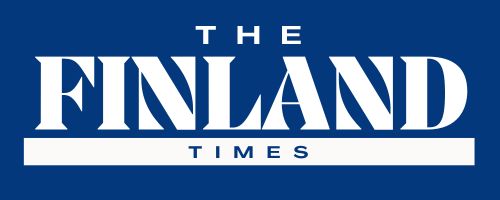Just weeks after hosting Donald Trump at a lavish state banquet at Windsor Castle, the UK finds itself on the brink of a trade crisis, with its pharmaceutical industry facing a crippling 100% tariff. This sudden escalation has turned a diplomatic high point into a moment of economic peril, forcing the government into a frantic race against the October 1st deadline.
The threat has exposed a major vulnerability in the UK’s trade posture: the exclusion of pharmaceuticals from a deal negotiated five months ago by Keir Starmer. While that agreement secured protections for sectors like aerospace and steel, it left drugmakers like GSK, whose CEO attended the royal banquet, completely unprotected. A government spokesperson has since acknowledged the “concerning” nature of the situation and confirmed that urgent talks with the US are underway.
The proposed duties are not confined to the UK or to pharmaceuticals. A 25% levy on heavy-duty trucks and a 50% tariff on kitchen and bathroom cabinets will impact manufacturers across Europe. The German auto industry has voiced its outrage, and even companies covered by the EU’s separate trade deal, like Ikea, have admitted the tariffs are making business “more difficult.”
A key debate has emerged over the true intent of the tariffs. Some analysts argue they are a strategic tool to promote onshoring, with exemptions likely for companies that manufacture within the US. Global pharmaceutical firms like Roche and Novartis, which are expanding their US operations, have said they do not expect to be hit. This suggests the policy is a powerful, if coercive, incentive for foreign investment.
For now, the UK industry remains in limbo, waiting to see if its “special relationship” and last-ditch diplomatic efforts can secure an exemption. The episode serves as a harsh lesson that in the current climate of global trade, even the grandest gestures of friendship offer no guarantee against aggressive economic protectionism.
From Banquet to Brink: UK Pharma’s Frantic Race Against Tariff Clock
31

